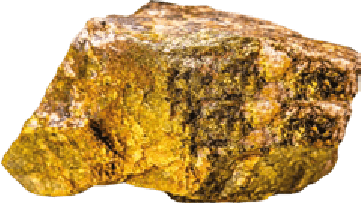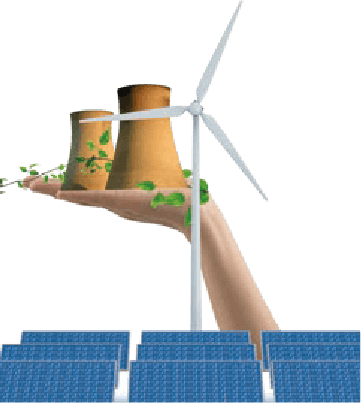Benefits of nuclear energy

Low carbon
Nuclear energy is one of the world’s least CO2-emitting forms of power, with emissions comparable to wind power, 4 times lower than solar, 40 times lower than gas, and 70 times lower than coal. Its very small CO2 footprint makes it an indispensable component of energy transition.
Independence
Nuclear energy contributes to domestic energy independence. In France, with predominantly nuclear-generated electricity produced domestically, nuclear energy is a crucial asset for France’s energy sovereignty.
Reliable and controllable
Thanks to its robust production system, the nuclear industry supplies large quantities of electricity continuously,

Concentrated energy
Because uranium has a much higher energy density than hydrocarbons (100 g of uranium produces as much energy as 1 metric ton of oil), it can be stored more easily. France has several years’ worth of stockpiled depleted uranium. Moreover, uranium is an abundant resource available on all five continents.

Recyclable
Orano recycles nuclear fuel to produce new fuel, thus helping to preserve natural resources. In France, 1 in 10 lightbulbs is powered by electricity generated from recycled nuclear fuel.

Critical in the electricity mix
In all the energy transition scenarios studied by the IPCC and IEA for producing low-carbon electricity, significant development of renewable energies can only be envisaged in conjunction with nuclear power, in order to avoid reliance on fossil fuels.

Innovative tech
The nuclear energy sector is developing expertise and technologies that are unique in the world, enabling us to explore other markets, in the service of a more sustainable world.
